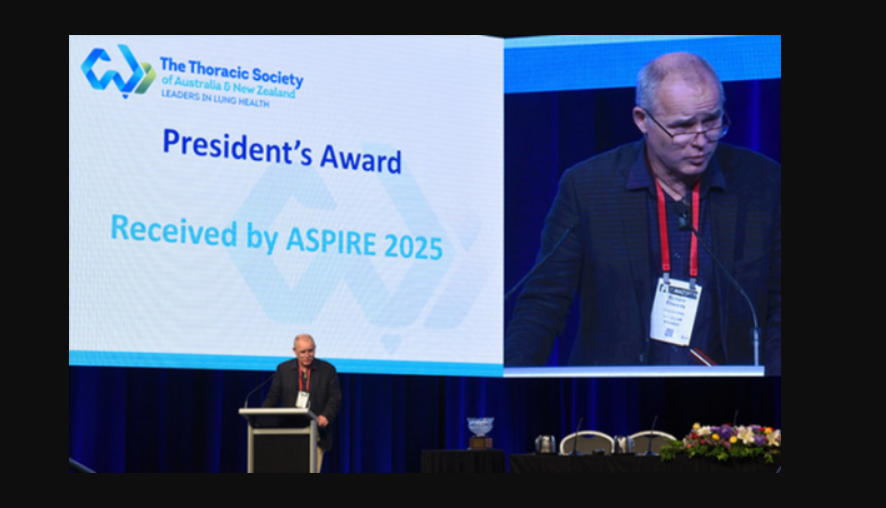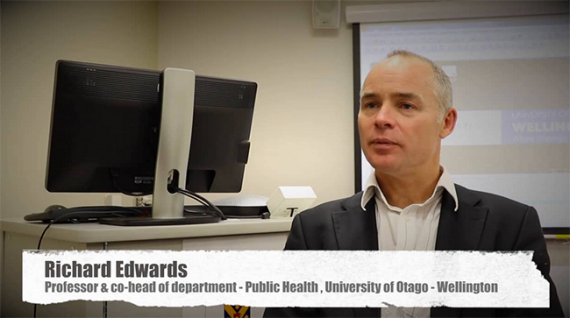
New Zealand: smokers support nicotine reduction following smokeless alternatives
New Zealand: smokers support nicotine reduction following smokeless alternatives

Good evening, dear vapers and all those who follow the news of the vaping industry. Today we will move to New Zealand, where the government set a goal to achieve in the near future that the level of smokers becomes one of the lowest in the world. Relying on research and practice on the use of electronic cigarettes, smokers in the country would like their nicotine levels to drop as well, which would help them break the habit. A New Zealand survey found that 80% of current and former smokers support the idea of removing nicotine from cigarettes to make them less addictive. Results from a study by the International Tobacco Control Committee (ITC) were published in the journalTobacco Regulatory Science.

Researchers have found that while nicotine is available in alternative products, 80% of participants support a reduction in nicotine in cigarettes. In addition, nearly three quarters of the smokers surveyed said they would be interested in trying cigarettes with very low nicotine content or without them. Professor Richard Edwards, principal researcher for the new part of the study in New Zealand and director of the ASPIRE 2025 smokeless research team , said the study emphasizes the importance of considering innovative measures that can help achieve the goal: “New Zealand without nicotine addiction”
“Removing nicotine from cigarettes and tobacco would mean that cigarettes are no longer addictive. It would be much easier for smokers to quit smoking, and much less likely to return to smoking after quitting. It will also significantly reduce the risk that adolescents and young people will become addicted to tobacco . ” Professor Edwards noted that currently, smoking cessation efforts in New Zealand tend to focus on e-cigarettes and other alternatives. However, he added that any measures that might help should be considered. “This includes making tobacco products less addictive, tasty, and affordable.”

Another interesting result of the survey was that, although the vast majority of participants knew that nicotine is an addictive component in cigarettes, almost half also believe that nicotine is the main carcinogen in them. For this, Edwards noted, awareness raising is necessary. “This should include efforts to improve the understanding that nicotine, although highly addictive, is not the main cause of the diseases caused by smoking.”
The U.S. Food and Drug Administration (FDA) has announced a new comprehensive plan for tobacco and nicotine regulation that aims to reduce nicotine in cigarettes to minimize dependence. Similarly, article 20 of the European Tobacco Products Directive (EU-TPD) limited the level of nicotine in electronic cigarettes to 20 mg / ml.